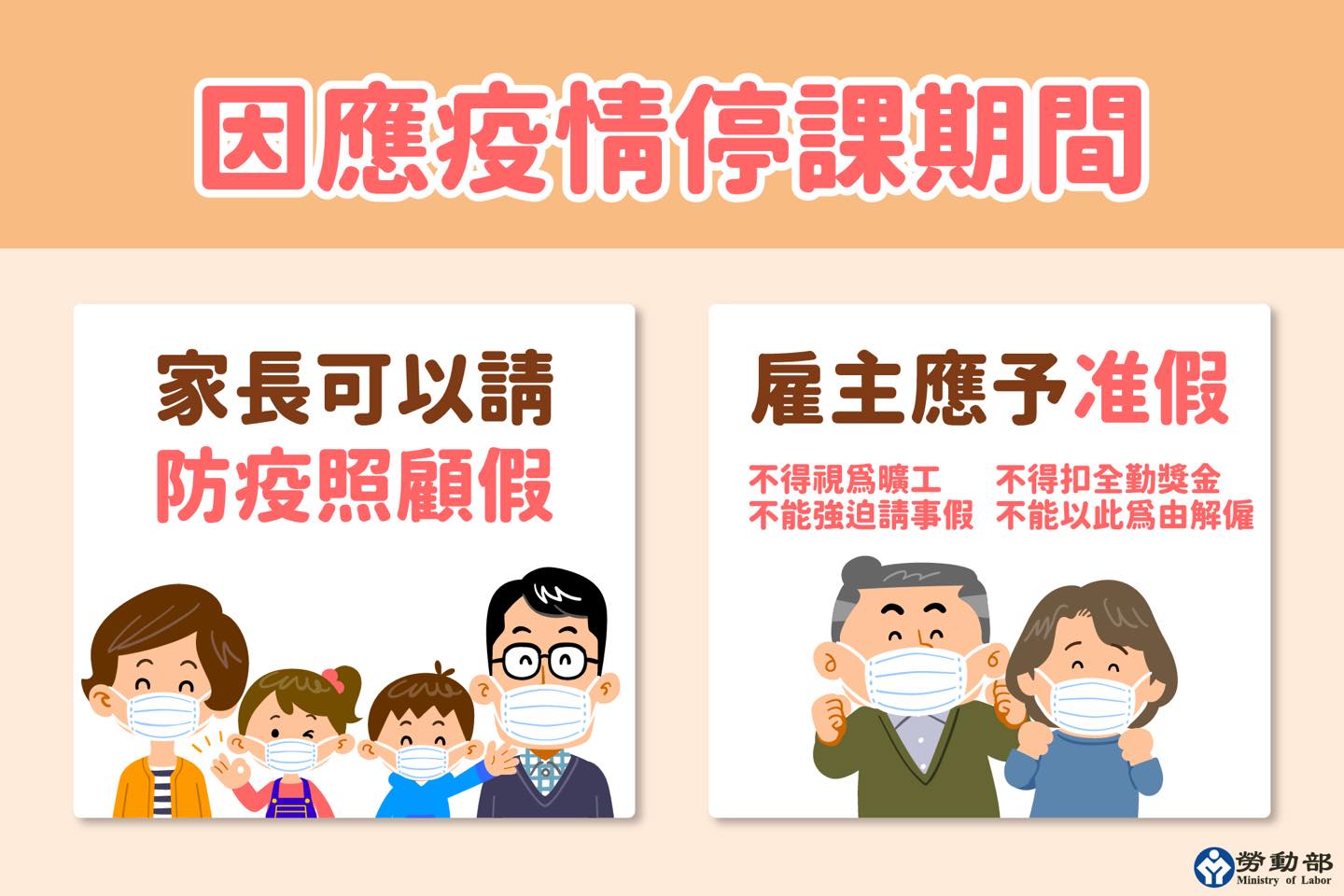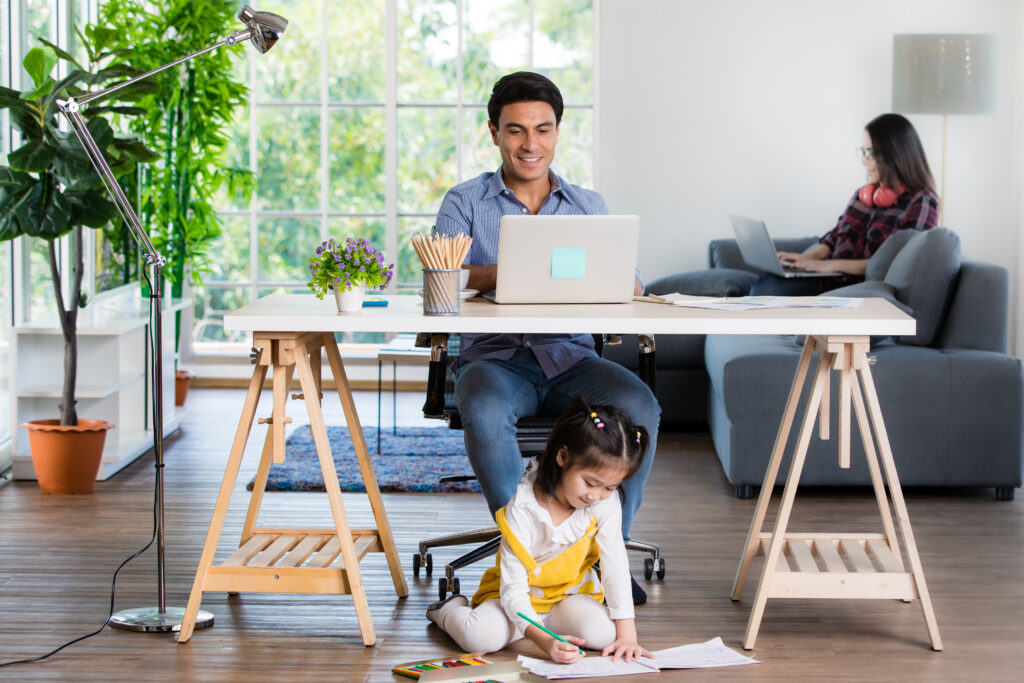The national level 3 Covid-19 alert is extended until June 14 in Taiwan. And in order to avoid the spread of the coronavirus disease, many Taiwanese companies have switched to “fully remote” work. However, working at home is now a new challenge for many Taiwanese companies.
According to The China Post, going “fully remote” is a big adjustment for many Taiwanese firms.
According to an article published by Quartz, the business culture prevalent in most Asian countries has led to many large firms denying employees’ request to work entirely from home despite fears of the spread of the virus.
The article quoted a Taiwan-based communications strategist who was told by her company to remind employees that “working from home does not mean resting at home.”
More articles: Social Distancing App helps with the coronavirus prevention
The author pointed out that refusing to let employees go fully remote because of an “old-fashioned work culture that overly values face-to-face time” could result in the pandemic getting even worse despite the country’s advanced healthcare system.

The special leave launched by the Taiwanese government. Image courtesy of MOL.
The China Post says, that government policies have merely made suggestions for companies to follow, resulting in many firms taking the middle road in creating rotating schedules that see half of their employees in offices while the other half works from home.
This posed a big problem, however, as the government simultaneously ordered the shut-down of in-person classes for all children 18 and under from May 19 until May 28, posing a big dilemma for parents who still have to work in the office.
The China Post mentions, though special leave can be taken by parents, the government has left it up to the companies to decide whether such time off would be paid or unpaid.
These “stubborn hallmarks of Taiwan’s corporate environment” of insisting employees be seen sitting at their desk working, could pose a problem for the effectiveness of Taiwan’s combat against the daily surge of local COVID-19 cases.
More articles: I have infected COVID-19. What should I be aware of?







